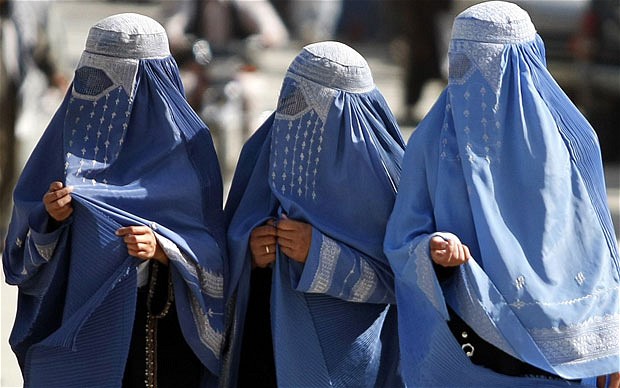Every year the Afghan government commemorates the International Women’s Day (IWD) with symbolic conferences, workshops, seminars and statements. On March 8, (today) it will be a repeat telecast of the previous shows, but a few new words will be added to the charm of audiences. The officials, particularly the women’s affairs ministry, would talk of past achievements that are mostly lost now. In reality, there are none to count, except miseries—chopping off wife’s head or limbs cases. A score of women that we see in the parliament and other institutions had nothing to do with the performance of the government. If there is any link between the two, it is fragile and depressing. These women are known to many because they worked hard. They reached there without getting the required opportunities and facilities. The government was unaware of the odds that they have defied. The credit for this small but pleasant empowerment goes only to those brave women.
There are many problems faced by women and girls. However, the intensity and scope changes with passage of time. The so-called rights activists discussed a few issues. Lack of prisons for women in the provinces is one of such challenges. It is serious in nature but away from media and activists eyes. In Uruzgan province in 2013, there was no prison for females. The situation remains as it is. Women arrested by police are handed over to a few chosen tribal elders to keep them in their houses. There is no concept of punishment and legal protection. These women are slaves in modern terms. They have to wash clothes, babysit and cook food without any question. If a tribal elder was a man of character it would be a blessing for the legal-cum-social inmate; otherwise, she will lose all her fundamental rights. This practice is also against the concept of enforcing laws. Laws are backed by force and violators are punished.
As a result of this inattention, crime rates among women increases. According to a report of Pajhwok Afghan News, there is no prison for women in Paktika. They are handed over to tribal elders for shelter. The side effect of this practice is increase in crimes. When criminals are not punished and rehabilitated, then how can they become normal citizens? Unfortunately, the concerned authorities do not get this point. Provincial police is rattled by spike in violent crimes. More and more women are committing crimes. Asadullah Wazir, an attorney, told Pajhwok Afghan News that there is no women’s prison in Paktika. Therefore, they are given in protection of the elders. Social activists say that the female inmates given to tribal elders can result in abuse of the female prisoners’ rights. A person told the news agency that her sister escaped from home ten years ago. When they found her, she was handed over to the relevant authorities, but they handed her to a tribal elder who married her to his son. Such cases will take place if steps were not taken.
The government has to put an end to such malpractice. Prisons should be constructed in all provinces. If the resources are exhausted, the president should direct the concerned organizations to build prisons for women in every zone. Rehabilitation of inmates should be priority. Those who have committed serious crimes in provinces are transferred to Kabul. Due to the distance and economic factors, people find it extremely difficult to meet their female relatives behind bars in the capital city. Lack of shelter houses in provinces is adding to the injury. Hope, on this Women’s Day the government and activists would confer on this important issue.
 Afghanistan Times
Afghanistan Times




